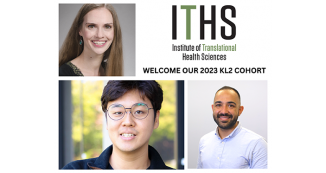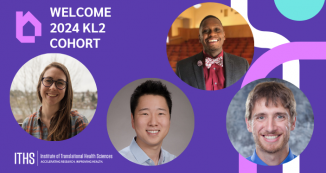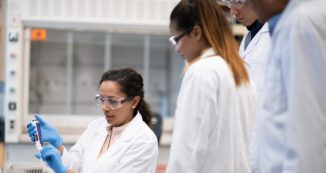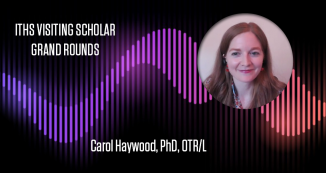
01 Mar CTSA Visiting Scholar Grand Rounds: Travis Kinder, PhD
Register below to receive Zoom link.
Event Description
University of Washington’s Institute of Translational Health Sciences is hosting Travis Kinder from the NCATS Intramural Research Program through the NIH Clinical and Translational Science Award (CTSA) Visiting Scholars Program on April 16 at 12pm PST.
Dr. Kinder’s talk is titled: Assay development and high throughput screening to identify potential therapeutics for myositis.
This program is designed to connect individuals with institutional KL2 awards from outside the UW with established UW faculty in their field as they consider next steps in their career. The goal is that these connections will persist beyond the visit and that this program will foster exchange of ideas and collaboration among different CTSAs.
About the Speaker
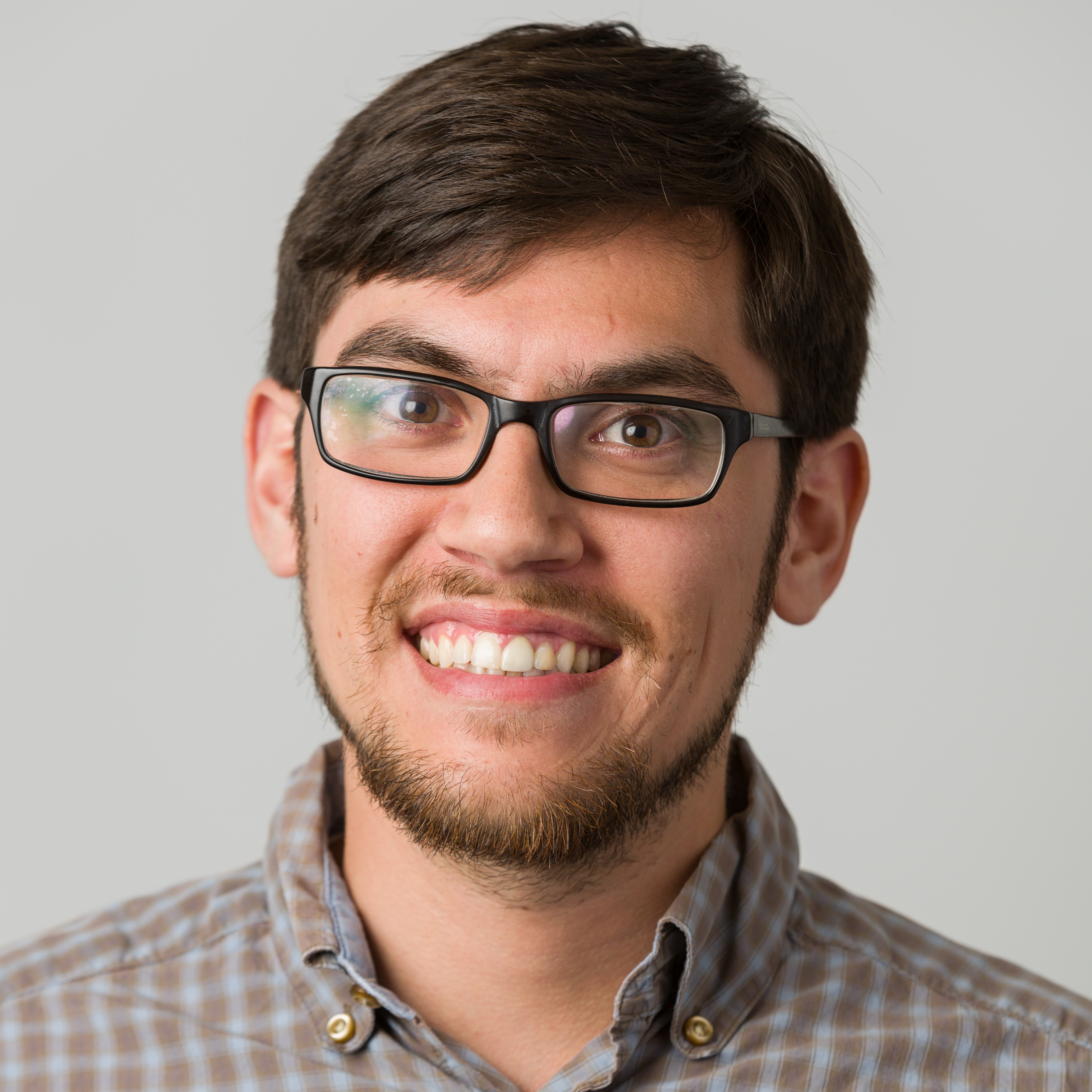 Travis Kinder, PhD
Travis Kinder, PhD
Post-Doctoral Research Fellow
National Center for Advancing Translational Sciences
Autoimmunity consists of the immune system mistakenly attacking the body. Idiopathic inflammatory myopathies (myositis) is a collection of autoimmune diseases featuring skeletal muscle inflammation often accompanied by other systemic pathologies.
For the last eight years, I have conducted basic and translational research on myositis and genetic muscle diseases at the George Washington University, Children’s National Medical Center, and the National Center for Advancing Translational Sciences (NCATS). Our current project at NCATS involves assay development and high throughput screening to identify small molecule therapeutics for myositis. We’ve created a suite of cell based-assays to profile compounds that inhibit the pro-inflammatory type I interferon – major histocompatibility complex class I pathway in skeletal muscle cells, a pathway thought to contribute to myositis pathology. Active compounds and approved drugs we’ve identified should be further tested in animal models and clinical trials for translation to patients.
My career goal is to pursue an academic research position to discover mechanisms of autoimmunity and muscle biology and develop novel therapeutics for inflammatory myopathies.




